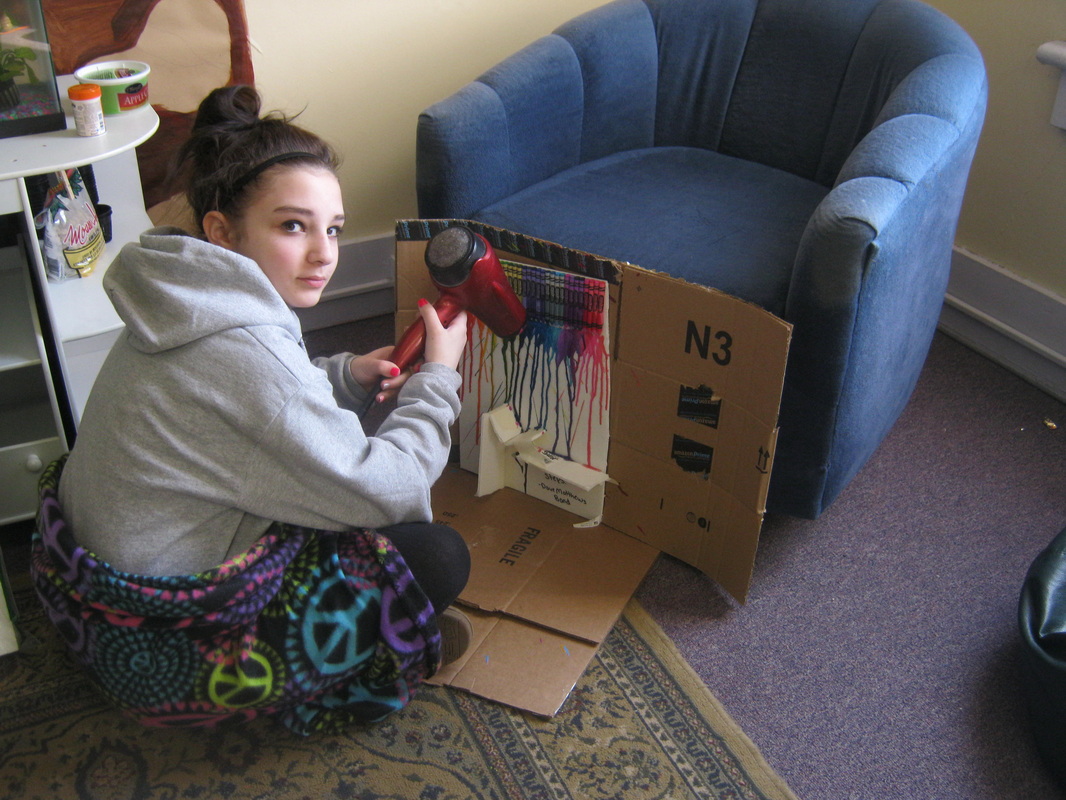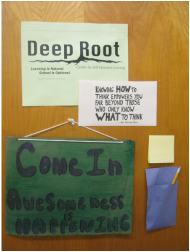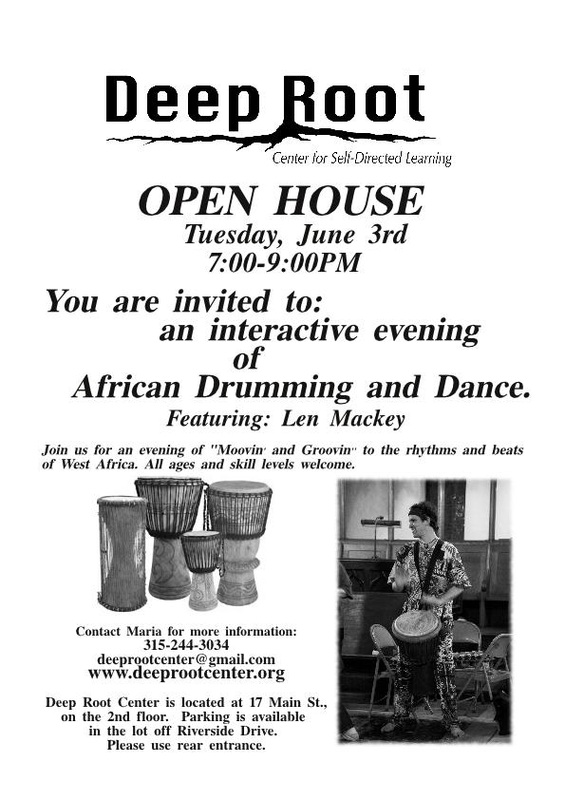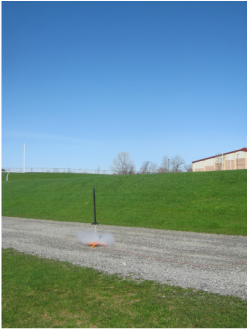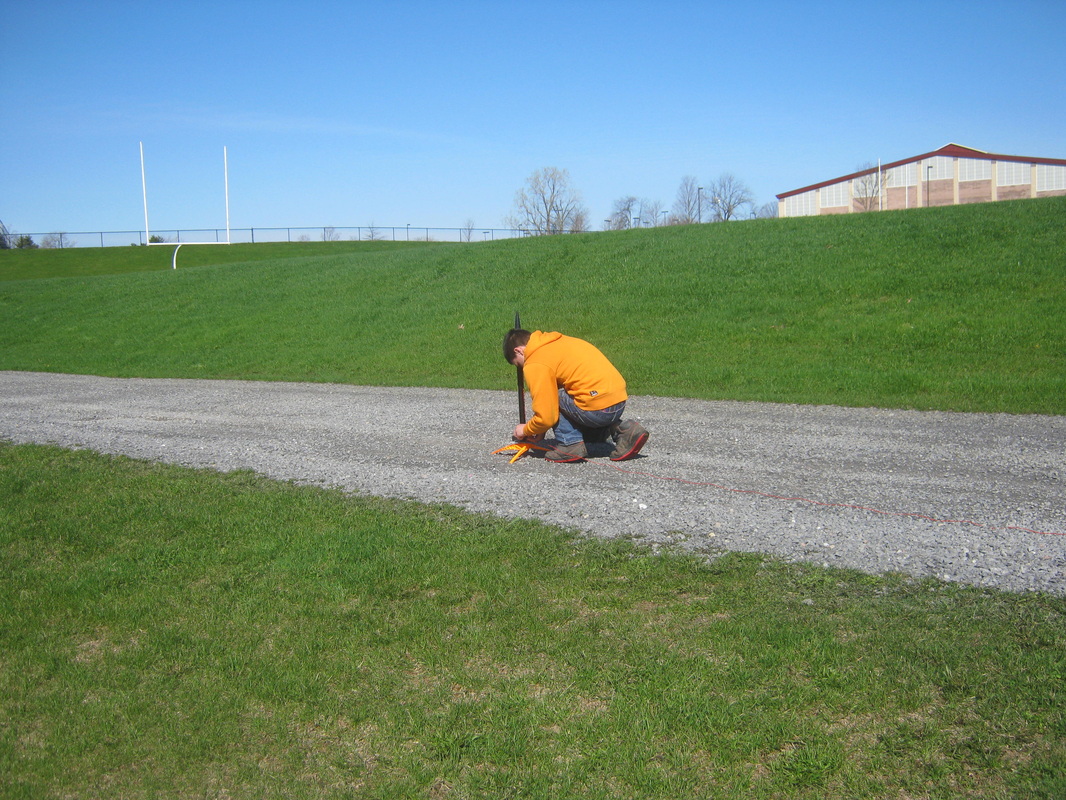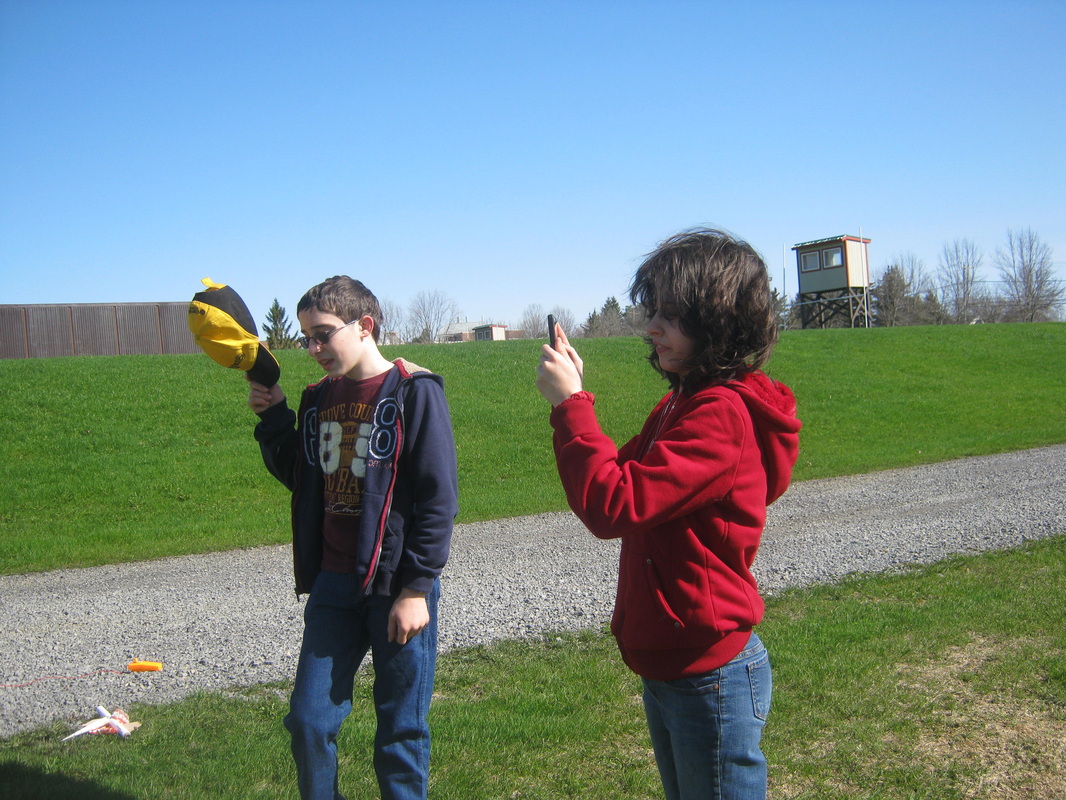|
Tell a compelling story. This has been the most consistent and often repeated advice I have received over the last few months. As an anthropologist, I am fascinated by this one common denominator that defines us as humans. We all appreciate a good yarn. A clever tale can draw us in, create intrigue, connect us to a group, call us to action, entertain us, educate us, lead us to a compassionate response, or embolden and inspire us to tell our own stories. The MOTH Radio hour on PRX (http://themoth.org/radio) is a fine example of this characteristic. Every week regular folks get up in front of an audience and speak their truths. It makes for compelling radio, but it also underlines our need for the human connection that we all aspire to. We all want to be seen and to be heard. And, what about the phenomenal success of the TEDX talks or YouTube videos? Sometimes our audience consists of one person, other times it is a roomful, or even a packed auditorium. Fear of public speaking is another universal human condition, but so many of us are able to overcome the paralysis it induces, to tell our stories. As an extremely shy person who nearly throws-up every time I am called on to speak publicly, I often ponder what source of strength or inspiration allows me to stand tall and speak with authority, instead of hiding in a corner, cowering in fear. I believe the answer is my passion and the belief that what I have to say is important to those who are listening. When I relate to students in an educational setting, my form of teaching usually revolves around a story, and often starts out with, “have I told you about the time...” When I explain living off-grid, I tell the tale of moving from a 2500 sq foot house to a trailer or the day the trailer was moved off the land (that is a nail-biter for sure.) Or, last year when I gave my father's eulogy to a church full of people who knew and loved him dearly. When I talk to people about Deep Root Center, I speak about the kids who have been changed by this place. In each of those instances, I am completely passionate about the subject and know in my heart it is more important to tell the story than to hide in the back of the room, under the bed, or behind someone else. I aspire to be a great story-teller, to be a speaker of truths, to inspire others to stand-up and tell their sagas. Listen closely to the tales being told today, because in the end, we are all human and each have our own stories that are just waiting for an audience.
0 Comments
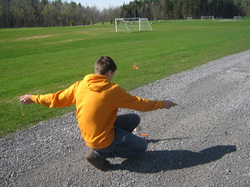 Nate had two rockets to shoot off today. DRC purchased three engines with the agreement that he would use them as a group project at the Center. We used the first engine last week, with great success. The rocket came down with nary a scratch. Hannah and Conagher were here as well on this beautiful, blue sky, warm kind of day. Perfect for blasting small bits of cardboard into the great blue beyond. Nate put the finishing touches on the small rocket and we headed out to the SLU playing fields. He connected all the wires and sent the small rocket up first...one wing came off in flight, the parachute detached from the rocket and a second wing broke off on impact. Despite an extensive search of the fields we did not recover the wing. They did find the parachute though. Unfortunately the 'fun' only lasted for a few minutes. Now Nate has two broken rockets. I suggested that he could use the left over balsa wood to create a new wing and replace the one he lost. He tried that, but it cracked. Then I said, I wonder if you can make a rocket from everyday items----I should mention the two huge totes filled with assorted cardboard, plastic, and metal containers that I save just in case they can be used for something---
He proceeded to spend time looking it up on YouTube and then proclaimed "I can make a rocket just from the engines." And, began to explain exactly, how it would work. But in the process interrupted himself at least two or three with other great ideas. This is self-directed learning in a nutshell! He was a bit depressed about his broken rockets. I (as the facilitator) made an observation and asked the "I wonder" question, stood back, watched the process and said that is awesome every once in a while.  The plan is to have Summer Workshops at DRC for five weeks during July and August led by facilitators who are 'masters' in their subject. What would you like to see? The first idea was to focus on the arts; two weeks of theater, two weeks of visual arts and a week of music. Now I am brainstorming other ideas, a food week, or a science week, or ... fill in the blank. In other words, how can we enhance your families summer experience? If you have ideas for topics or folks who would be willing to be a facilitator please send them my way. DRC will split the proceeds 50/50 with the instructors. As always, Thank you! |
|
© 2024 Whole Learners, Inc. 501(c)3
Deep Root Center
48 Riverside Drive, Canton, NY 13617
315*323*1435/[email protected]
Deep Root Center
48 Riverside Drive, Canton, NY 13617
315*323*1435/[email protected]


